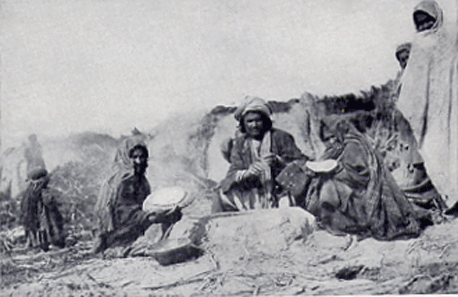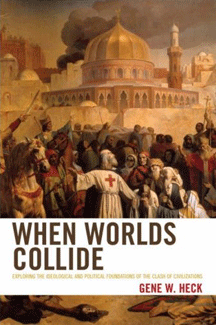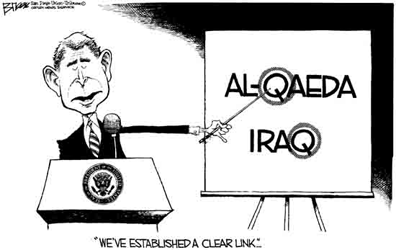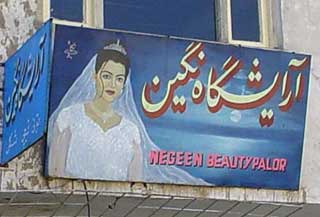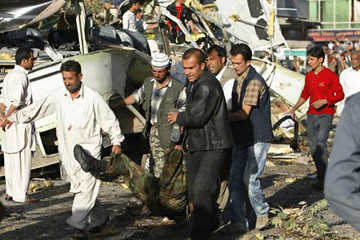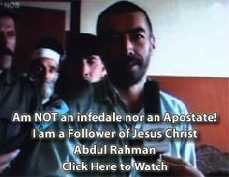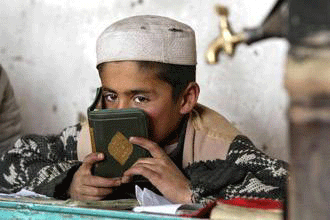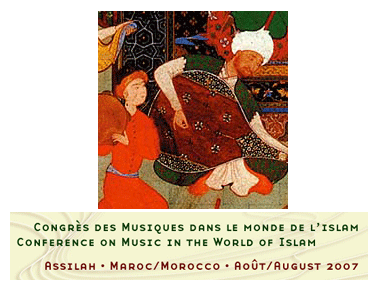
A year ago from August 8-13 an international conference on “Music in the World of Islam” was held in Assilah, Morocco, jointly sponsored by The Assilah Forum Foundation (Assilah, Morocco) and the Maison des Cultures du Monde (Paris, France). The papers from this conference are now available in pdf format online. Music and dance are described for Afghanistan, Algeria, Andalusia, Azerbeijan, Bangladesh, Bosnia, Central Asia, East Africa, Egypt, Ethiopia, India, Indonesia, Iran, Iraq, Kurdistan, Kuwait, Liberia, Malaysia, Morocco, Russia, Syria, Tajikistan, Turkey and Yemen.
A description of the conference is described by its main organizer, Pierre Bois: Continue reading Music in the World of Islam
